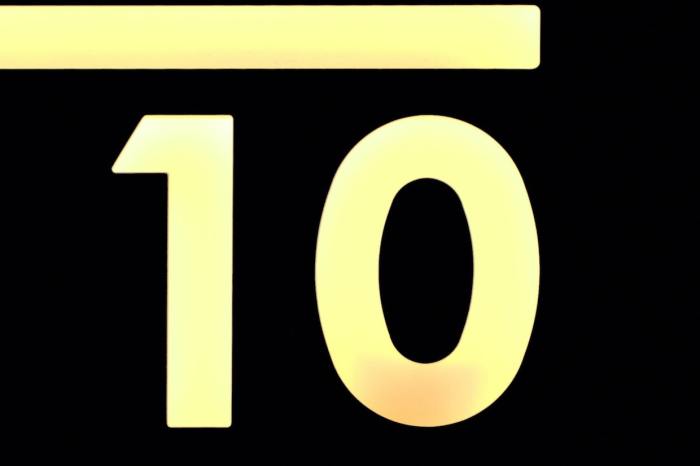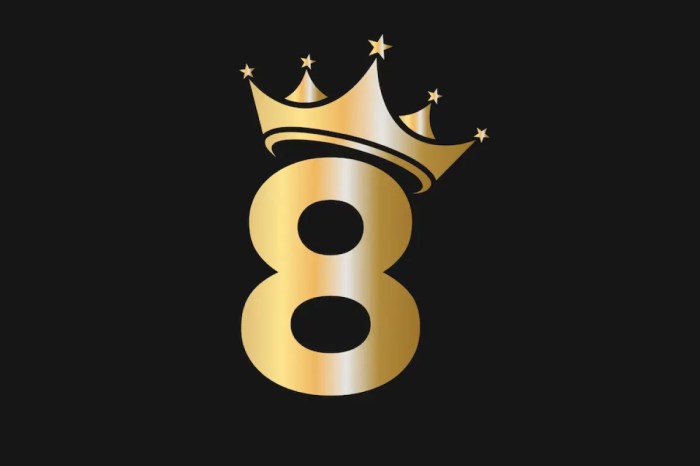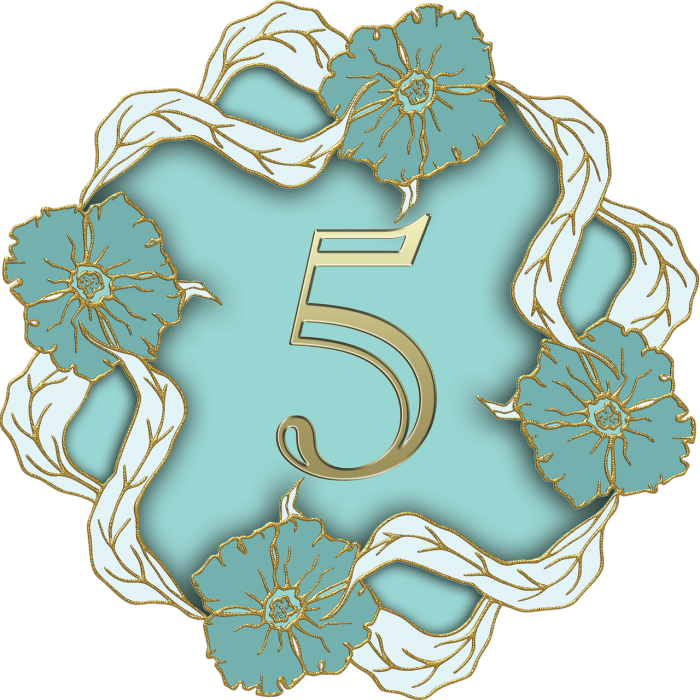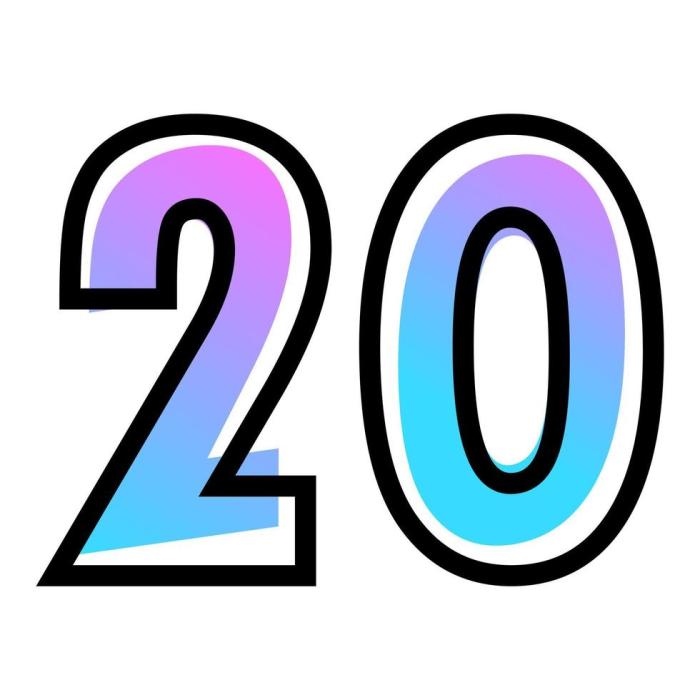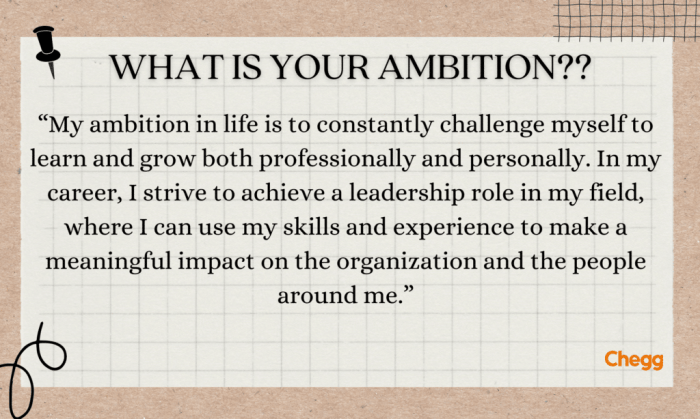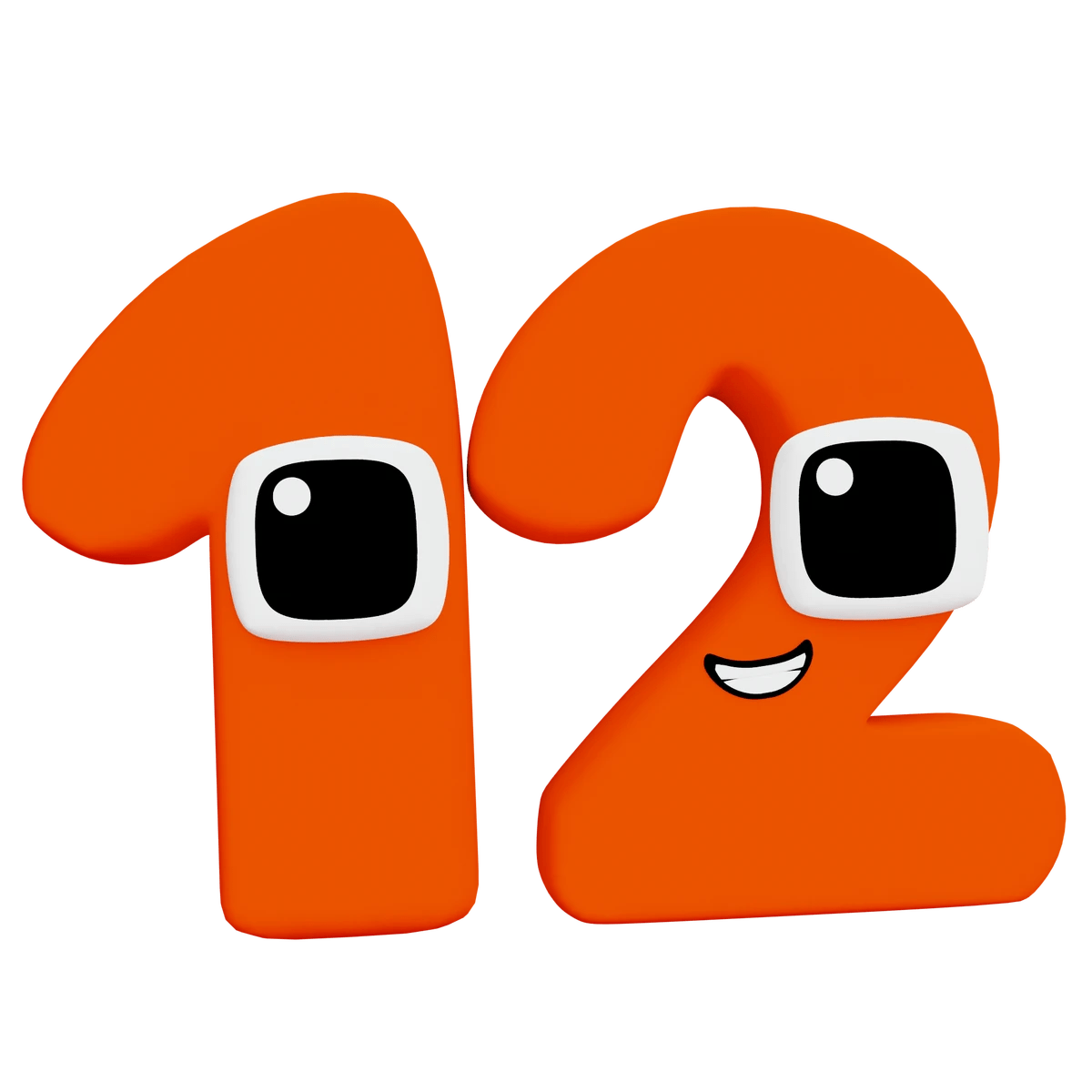5 tips to ace an interview for introverts: This guide delves into the unique challenges and triumphs of introverted candidates navigating the interview process. We’ll explore how introverts can leverage their strengths, manage anxieties, and ultimately, excel in their job search.
Understanding your communication style, preparing effective answers, and mastering interview day presence are crucial steps. We’ll provide actionable strategies for introverts to present their skills and experience confidently and authentically. Post-interview follow-up and managing potential pitfalls will round out your preparation.
Understanding Introverted Interview Style
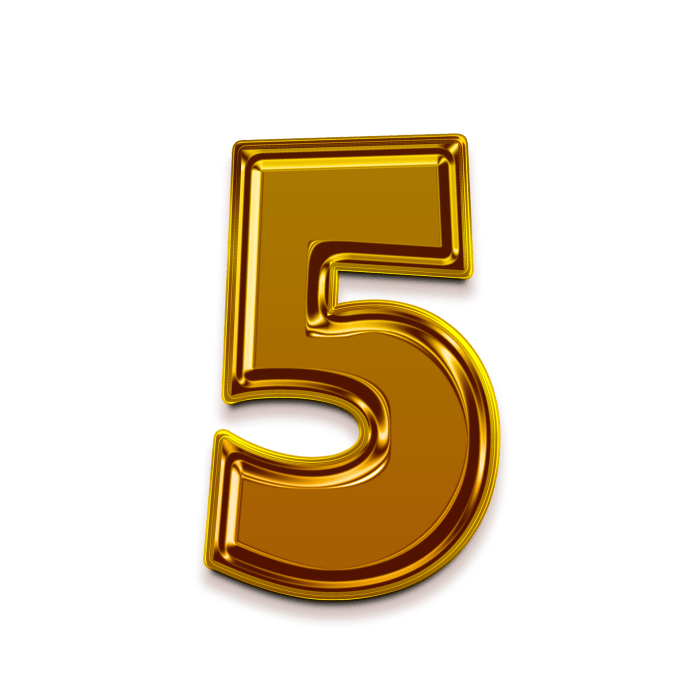
Introverts often approach interviews with a different mindset than extroverts. Their preference for thoughtful consideration and focused communication can sometimes be misinterpreted, leading to anxiety and uncertainty. Understanding these nuances can help both the interviewer and the interviewee navigate the process more effectively.Introverts tend to be more deliberate in their responses, preferring to process information internally before expressing themselves.
This can manifest as pauses for reflection or a slightly quieter tone of voice. They may also focus on asking clarifying questions to ensure they fully grasp the nuances of the position and company culture. Their depth of thought and meticulous preparation can be a valuable asset in an interview setting.
Communication Styles and Preferences
Introverts often communicate by carefully considering their responses, ensuring their message is clear and well-articulated. They prioritize thoughtful and concise communication over boisterous displays. They may prefer to listen attentively before responding, allowing them to fully absorb the interviewer’s questions and tailor their answers accordingly. This thoughtful approach is often perceived as insightful and thorough. Moreover, introverts may feel more comfortable in a quiet and structured interview environment, enabling them to focus on the conversation at hand.
Common Anxieties and Concerns
Introverts might experience anxiety during interviews due to the perceived pressure to “perform” in a social setting. This can be exacerbated by the need to articulate thoughts and ideas confidently. The fear of interrupting or not being heard can also contribute to anxiety. The anticipation of small talk and lengthy conversations can sometimes lead to heightened anxiety. These anxieties often stem from the need to maintain a certain persona, which can be emotionally draining for introverts.
Strategies for Managing Interview Nerves and Building Confidence
Preparation is key for introverts. Thorough research into the company and role can significantly reduce anxiety. Understanding the company’s mission, values, and recent developments demonstrates a deep interest and proactive approach, which can build confidence. Practicing responses to common interview questions allows introverts to articulate their thoughts and ideas in a composed manner. Furthermore, visualizing a positive interview outcome and acknowledging past successes can significantly boost confidence.
Seeking support from trusted friends or mentors can provide encouragement and practical advice.
Comparing Introverted and Extroverted Interview Approaches
| Characteristic | Introverted Approach | Extroverted Approach |
|---|---|---|
| Communication Style | Thoughtful, deliberate, concise | Energetic, spontaneous, expressive |
| Preparation | Meticulous, thorough research | General overview, quick preparation |
| Questioning | Clarifying questions, focused on understanding | Asking open-ended questions, broad inquiries |
| Body Language | Reserved, focused, attentive | Open, engaging, animated |
| Nerves | Potential for anxiety, preference for quiet settings | May find energy in the interaction, less prone to anxiety |
Preparing for the Interview
For introverts, the interview process can feel daunting. The pressure to project confidence and articulate thoughts quickly can be particularly challenging. However, with proper preparation, introverts can not only navigate the interview successfully but also showcase their unique strengths and thoughtfulness.
Common Interview Questions and Introverted Responses
Understanding the types of questions you might encounter is crucial for crafting thoughtful and authentic responses. This includes both behavioral and technical questions. Anticipating these questions allows introverts to prepare responses that showcase their skills and experience without feeling rushed or overwhelmed.
- Behavioral Questions: These often explore your personality, work style, and problem-solving abilities. Examples include “Tell me about a time you failed” or “Describe a challenging situation you faced at work and how you handled it.”
- Example Answer (Behavioral): “In a previous role, I was tasked with a project that required a significant shift in strategy. Initially, I felt a bit overwhelmed, but I recognized that seeking feedback from colleagues who had dealt with similar issues was crucial. I organized a brief meeting, where we discussed different approaches, ultimately leading to a more effective and efficient solution.”
- Technical Questions: These assess your knowledge and skills related to the job description. Examples include questions specific to your field, like “How would you approach X problem?” or “Explain Y concept.”
- Example Answer (Technical): “To approach this problem, I’d first analyze the various components and identify the root cause. Then, I’d explore existing solutions and potentially develop new approaches based on the findings. A crucial step would be to test these solutions iteratively to ensure optimal results. This approach allows for continuous improvement and prevents overlooking potential issues.”
Creating a Sample Interview Script
A sample script can help introverts rehearse their communication style and practice delivering thoughtful answers without feeling rushed. This script emphasizes clear, concise, and well-structured responses.
Ever feel a little tongue-tied during interviews? Introverts, listen up! Five tips to ace those job interviews are key. Practice your answers beforehand, and remember that genuine enthusiasm is more impressive than any memorized spiel. Plus, consider the power of a calming hobby like coloring, which can surprisingly help you feel more confident and focused. For example, check out this fascinating exploration of how coloring can impact your mind and well-being: 8 unexpected things that happen when you start coloring.
Ultimately, these creative outlets can translate into stronger communication skills for your next interview.
Scenario: Interview for a Software Engineer position.
“Tell me about a time you had to work on a project with a tight deadline.”
Introverted Response: “In my previous role, we faced a project with a demanding deadline. I started by creating a detailed task breakdown, assigning specific responsibilities to team members, and establishing clear communication channels. This allowed for a more focused and efficient workflow. Regular progress updates were crucial, and we held short daily meetings to address any roadblocks. This structured approach enabled us to successfully meet the deadline and deliver a high-quality product.”
Interview Preparation Plan
A structured plan ensures you cover all necessary areas. This helps introverts feel organized and prepared, which can lessen anxiety.
- Research the Company: Understand the company’s mission, values, recent news, and culture.
- Research the Role: Thoroughly examine the responsibilities, required skills, and potential challenges.
- Prepare Answers to Common Questions: Anticipate questions and craft thoughtful, concise responses.
- Practice Interview Scenarios: Role-play with a friend or mentor in a comfortable setting.
Company and Role Research
Thorough research builds confidence and demonstrates genuine interest in the company and role. It also helps you ask insightful questions during the interview.
- Company Website: Explore the “About Us” section, news, and press releases for company updates and culture insights.
- LinkedIn: Research key personnel, understand their backgrounds, and see how they relate to the company’s mission.
- Industry News: Read relevant articles to stay updated on industry trends and the company’s position in the market.
Natural and Authentic Interview Preparation
Authenticity is key. Don’t try to be someone you’re not. Focus on showcasing your genuine strengths and experience.
So, you’re an introvert preparing for an interview? Five key tips can make a huge difference. First, practice beforehand! Next, remember that 11 easy ways boost your confidence can help you feel more assured. Then, actively listen to questions, respond thoughtfully, and focus on your strengths. Finally, follow up promptly.
These tips will set you up for success, whether you’re an introvert or not.
- Focus on Strengths: Highlight your skills and experiences that align with the role.
- Practice Clarity and Conciseness: Craft responses that are easy to understand without unnecessary jargon.
- Use Examples to Illustrate Points: Use real-life examples to demonstrate your abilities and experiences.
Interview Practice Scenarios
Practice is crucial for building confidence and reducing anxiety. A supportive environment is essential.
- Role-Playing: Partner with a friend, mentor, or career counselor to rehearse interview scenarios.
- Mock Interviews: Schedule mock interviews to simulate the real experience and receive feedback.
- Record Yourself: Review your performance and identify areas for improvement.
Interview Question Types and Introverted Response Strategies
| Question Type | Introverted Response Strategy |
|---|---|
| Behavioral | Focus on specific examples, detailing actions and outcomes. Structure your answer clearly. |
| Technical | Prepare concise answers, showcasing your understanding. Use examples to illustrate concepts. |
| Situational | Describe a relevant situation, highlighting your thought process and decision-making. |
Interview Day Strategies
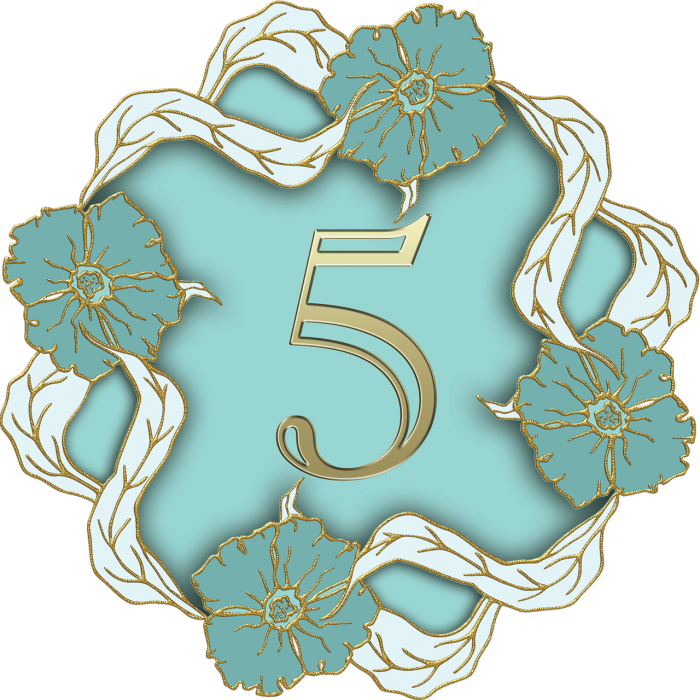
Navigating the interview process can be daunting for anyone, but introverts often face unique challenges. This section focuses on practical strategies to help introverts confidently enter and exit the interview space, maintain natural and effective communication, and showcase their skills without feeling overwhelmed. These techniques empower introverts to shine while staying true to their communication style.Interview day strategies are crucial for making a positive impression.
By employing the right techniques, introverts can confidently express their value and demonstrate their suitability for the role. This section provides actionable steps to help introverts feel more prepared and in control during the interview.
Entering and Exiting the Interview Space
Entering the interview space with confidence can significantly impact the overall impression. A confident entrance demonstrates preparedness and professionalism. Introverts can practice a brief, positive self-affirmation before entering the room. A simple “I’m prepared and ready to share my skills” can help build confidence. Likewise, a calm and composed exit, thanking the interviewer for their time, leaves a lasting positive impression.
Maintaining Eye Contact and Body Language
Maintaining natural eye contact and body language is key for effective communication. Introverts can focus on making genuine eye contact for brief moments, rather than maintaining prolonged gaze. Smiling warmly and nodding appropriately during the conversation can show engagement without being overly assertive. A relaxed posture, such as leaning slightly forward, conveys attentiveness and engagement without feeling forced.
Participating in Conversations Effectively
Effective participation in conversations involves actively listening and responding thoughtfully. Introverts can ask clarifying questions to demonstrate understanding and engagement. By responding concisely and thoughtfully, they can avoid feeling pressured to dominate the conversation. Providing specific examples to illustrate their skills and experience can strengthen their points without unnecessary verbosity.
Figuring out how to ace an interview can be tricky for introverts, but thankfully, there are some great strategies. For example, practicing your answers beforehand can boost your confidence. And, remember, preparing for potential questions about your personality is key, like discussing your strengths and weaknesses, just as focusing on the natural remedies in top six natural herbal remedies stop snoring can help with a common sleep issue.
Ultimately, highlighting your quiet strengths, like meticulousness and deep thinking, can really set you apart. A confident approach and focusing on your skills will make you shine in any interview.
Demonstrating Skills and Experience
Demonstrating skills and experience requires a balance between confidence and conciseness. Introverts can use concise, yet detailed answers to highlight their accomplishments and experiences. Instead of general statements, using specific examples from previous roles can effectively showcase abilities and contributions. By structuring responses around STAR method (Situation, Task, Action, Result), they can demonstrate their skills in a clear and structured manner.
Active Listening and Showing Genuine Interest
Active listening is crucial for demonstrating genuine interest in the role and the interviewer. By focusing on understanding the interviewer’s questions and concerns, introverts can demonstrate a genuine interest in the opportunity. Asking thoughtful follow-up questions and showing genuine interest in the role’s specifics can help demonstrate a strong desire to learn and grow in the position.
Summarizing Key Takeaways
Summarizing key takeaways from the interview conversation is a crucial step. Summarizing can reinforce the conversation’s key points and confirm understanding of the role’s requirements. Restating the interviewer’s key questions or summarizing the discussed points can demonstrate comprehension and engagement. This practice also reinforces a positive impression of clarity and preparedness.
Non-Verbal Cues for Introverts
| Non-Verbal Cue | Introverted Approach |
|---|---|
| Eye Contact | Maintain brief, focused eye contact, rather than prolonged gaze. |
| Posture | Maintain a relaxed posture, leaning slightly forward to show attentiveness. |
| Gestures | Use minimal, controlled gestures to emphasize points, avoiding overly animated movements. |
| Facial Expressions | Maintain a warm smile and appropriate nodding to show engagement. |
| Space | Maintain a comfortable distance from the interviewer, avoiding overly close or distant positioning. |
Post-Interview Follow-up: 5 Tips To Ace An Interview For Introverts
After the pressure of an interview, it’s crucial for introverts to approach the post-interview period thoughtfully. This phase isn’t just about waiting; it’s about actively processing the experience and using it to refine future approaches. Introverts often thrive on reflection, making this period an opportunity to strengthen their understanding of the interview process and themselves.A well-structured post-interview routine can help alleviate anxiety and build confidence for future opportunities.
This involves not just acknowledging the outcome but also using the experience to gain valuable insights and prepare for the next step.
Reflecting on Your Performance
Thorough reflection is vital to understanding your strengths and areas needing improvement. Introverts often benefit from a structured approach to evaluate their interview performance. This allows for a more objective and detailed assessment. Consider what went well and what could have been handled differently. Focus on specific actions and behaviors, rather than general impressions.
Did you effectively convey your key skills and experiences? Did you engage in active listening, or did you appear reserved or hesitant? A detailed record of these observations will help in refining future interview strategies.
Preparing Thank-You Notes
Crafting thank-you notes can feel daunting for introverts. However, a well-prepared note can leave a lasting positive impression. Start by thanking the interviewer for their time and expressing your interest in the opportunity. Focus on specific aspects of the conversation that resonated with you, referencing something specific from the interview. Use concise and professional language, avoiding overly elaborate or lengthy expressions.
The key is to convey sincere appreciation without feeling overwhelmed by the task.
Managing Post-Interview Anxiety
Doubt and anxiety after an interview are common experiences. For introverts, these feelings can be amplified. Allow yourself time to process the interview. Engage in activities that help you relax, such as meditation or quiet time. Distract yourself with hobbies or engaging in a relaxing activity.
Avoid comparing yourself to others and focus on your own unique strengths.
Tracking Progress and Identifying Areas for Improvement
Maintaining a record of your interviews can help track your progress and pinpoint areas for improvement. This helps in a structured review and adaptation. Create a spreadsheet or document where you note the company, the interviewer, the date, the position applied for, your strengths and weaknesses during the interview, and the follow-up actions taken. This allows you to track the overall trend in your interview performance and identify patterns that can be improved.
Key Action Steps After Each Interview
| Action Step | Description |
|---|---|
| Review the Interview | Take time to reflect on your strengths and weaknesses during the interview. Focus on specific interactions and your responses. Note areas for improvement. |
| Draft a Thank-You Note | Prepare a thank-you note within 24 hours of the interview. Highlight specific points of the discussion. Keep it concise and professional. |
| Follow Up (Optional) | If appropriate, send a brief follow-up email or message. Reiterate your interest and thank the interviewer again. |
| Self-Assessment | Reflect on your performance and record key takeaways in a dedicated document. This includes positive aspects, areas for improvement, and specific steps you’ll take in future interviews. |
| Review and Adapt | Use your self-assessment to improve future interview techniques. Identify and work on areas where you feel less confident. |
Addressing Common Interview Pitfalls for Introverts
Navigating the interview process can be daunting for anyone, but introverts often face unique challenges. Understanding common pitfalls and developing strategies to overcome them is crucial for a successful interview experience. This section dives into common mistakes introverts might make and provides actionable advice to ensure a confident and composed presentation.Introverts often prioritize thoughtful responses over quick-fire answers, a trait that can be misconstrued as a lack of enthusiasm or engagement.
However, by recognizing these tendencies and employing specific techniques, introverts can project a strong and positive image while staying true to their personality. This includes recognizing and mitigating potential communication barriers that can arise during the interview.
Identifying Common Introverted Interview Mistakes
Introverts often find it difficult to project enthusiasm or confidence during interviews, especially in fast-paced or high-pressure situations. They might struggle with expressing their opinions or sharing experiences freely. Furthermore, a tendency to overthink responses can lead to hesitation and stumbling over words. Often, introverts may underestimate the importance of non-verbal communication, such as body language and eye contact.
This can unintentionally convey a lack of engagement or interest.
Strategies to Avoid Pitfalls, 5 tips to ace an interview for introverts
Practicing beforehand is key. Rehearsing common interview questions and crafting thoughtful responses allows introverts to feel more prepared and confident. Visualizing a successful interview can also reduce anxiety and build self-assurance. Active listening is paramount. Asking clarifying questions demonstrates engagement and allows introverts to gather their thoughts before responding.
Focusing on clear, concise communication helps ensure that the message is conveyed effectively.
Handling Challenging Interview Questions
Handling challenging interview questions requires a structured approach. Introverts can benefit from mentally categorizing potential questions into areas like “experience,” “motivation,” or “future goals.” This structure can help formulate responses that demonstrate knowledge and passion. When confronted with a difficult question, taking a moment to gather thoughts is perfectly acceptable. This pause allows for a composed and thoughtful answer, avoiding rushed or unprepared responses.
Example: Instead of saying “I’m not sure,” try “That’s an interesting question. Let me think about it for a moment.” This shows consideration and thoughtfulness.
Potential Challenging Interview Questions for Introverts
- Tell me about yourself.
- Why are you interested in this position?
- Describe a time you failed.
- What are your weaknesses?
- Where do you see yourself in five years?
These questions require introspection and clear articulation. Developing a narrative around these questions and practicing responses beforehand is crucial. A detailed personal anecdote about a failure, for example, can highlight learning and resilience.
Managing Unexpected Situations
Unexpected questions or situations can be unsettling. A helpful approach is to acknowledge the unexpected nature of the question and then use a structured thought process to answer. For example, “That’s a novel question. To address it, I would consider…” This approach demonstrates composure and the ability to adapt.
Self-Care During the Interview Process
Adequate preparation is critical to managing stress and anxiety. Prioritizing self-care—including a healthy diet, sufficient sleep, and mindfulness practices—can significantly enhance an introvert’s ability to handle the interview process.
Strategic Use of Silence
Introverts can strategically use silence to their advantage. A brief pause before responding can signal thoughtfulness and preparation. It avoids flippant answers and allows for a more deliberate and comprehensive response. This strategy is more effective than attempting to fill every silence with unnecessary words.
Table: Challenging Interview Scenarios and Solutions
| Scenario | Solution |
|---|---|
| Asked about a time you failed | Share a specific, concise example highlighting the lesson learned and how it shaped your approach to future challenges. |
| Asked about weaknesses | Identify a genuine weakness but emphasize the strategies you’ve employed to mitigate it and become stronger. |
| Caught off guard by a challenging question | Acknowledge the question’s novelty, take a moment to think, and formulate a response based on a structured thought process. |
Last Point
In conclusion, acing an interview as an introvert is achievable with the right preparation and mindset. By understanding your communication style, practicing responses, and mastering interview day strategies, you can confidently showcase your skills and experience. Remember, your introverted nature is a strength, not a weakness. This guide equips you with the tools to succeed.
